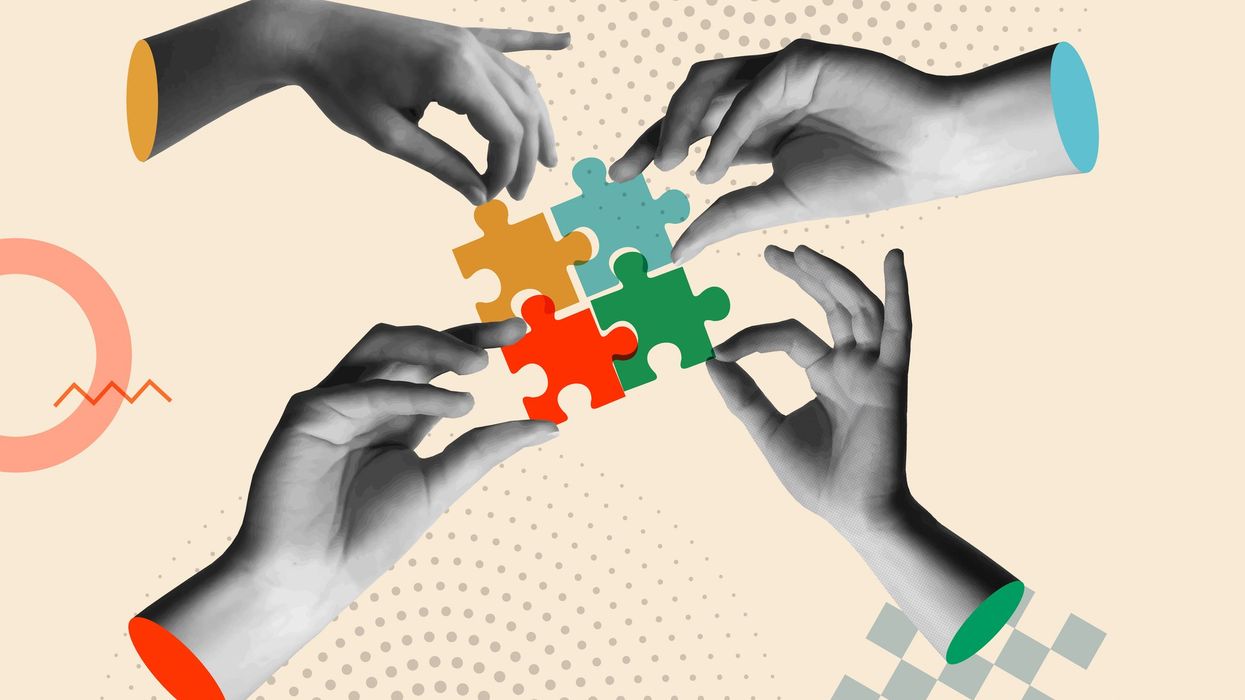The concept of the common good in American society has undergone a remarkable transformation since the nation's founding. What began as a clear, if contested, vision of collective welfare has splintered into something far more complex and individualistic. This shift reflects changing times and a fundamental reimagining of what we owe each other as citizens and human beings.
The nation’s progenitors wrestled with this very question. They drew heavily from Enlightenment thinkers like John Locke and Jean-Jacques Rousseau, who saw the social contract as a sacred covenant between citizens and their government. But they also pulled from deeper wells—the Puritan concept of the covenant community, the classical Republican tradition of civic virtue, and the Christian ideal of serving one's neighbor. These threads wove into something uniquely American: a vision of the common good that balances individual liberty with collective responsibility.
Early American communities understood this balance intimately. Take the New England town meeting, where citizens gathered to vote and deliberate on what served the community's needs. Or consider the barn-raising tradition of the frontier, where neighbors came together to help each other survive and thrive. These weren't just practical arrangements—they reflected a more profound understanding that individual flourishing depended on community well-being.
But something changed along the way. The Industrial Revolution brought unprecedented wealth and mobility, but it also began to fray the bonds of local communities. Mass production and urbanization created new forms of anonymity. The rise of corporate power introduced new tensions between private profit and public good. By the early 20th century, the intimate connection between individual and community started to strain.
The post-World War II era accelerated these changes dramatically. The GI Bill and suburban expansion created new patterns of living that emphasized private space over public gatherings. Television brought the world into our living rooms but reduced face-to-face interaction. The rise of consumer culture shifted focus from citizen to customer, from participant to spectator. The common good became less like a shared project and more like a zero-sum game.
However, we find ourselves in a peculiar position. There are more ways to connect, yet many feel profoundly disconnected. There is accessibility to more information about social problems, yet we often feel powerless to address them. We speak of "community" constantly but struggle to define what that means in practice.
Our contemporary understanding of the social contract has become increasingly transactional. Many view it primarily through an economic lens—taxes paid for services rendered. Others see it through a regulatory framework—rules we follow to maintain order. Still, others question whether any meaningful social contract exists, pointing to persistent inequalities and broken promises.
This shift has profound implications for how we approach collective challenges. Consider our response to the climate crisis. The founders' generation might have seen this as a straightforward matter of common good, requiring collective action. Now, we debate whether individual conveniences should be sacrificed for collective benefit. Or look at public health. What was once understood as a shared responsibility has become highly politicized, with personal rights often pitted against community welfare.
Theological dimensions of this transformation are equally striking. Traditional religious understandings of covenant and community have not disappeared but they compete with newer theologies that emphasize individual salvation and prosperity. The biblical command to "love thy neighbor" now contends with interpretations prioritizing personal freedom over collective responsibility.
Yet, signs of renewal exist. Local movements for environmental justice, mutual aid networks, and community organizing efforts suggest an emerging reconnection of the common good. These initiatives often blend traditional understanding of collective welfare with contemporary needs and tools. They recognize that while the forms of community may change, the fundamental human need for connection and shared purpose remains constant.
A way forward requires neither a wholesale return to past models nor a complete embrace of individualistic modernity. Instead, we need a thoughtful synthesis that preserves the best of both. This means recovering specific traditional insights about human interdependence while acknowledging the reality of contemporary pluralism and complexity.
No one should ever assume that the common good is opposed to individual flourishing; rather, it is essential to such. Our founding agents understood this—liberty without responsibility becomes mere license. Second, we must rebuild deliberation and collective decision-making practices, adapting traditional forms like the town meeting to contemporary contexts. Finally, we must develop new narratives of shared purpose that speak to our time while drawing on enduring wisdom.
Inherently, a social contract is a sociopolitical arrangement and a moral vision, expressing our deepest beliefs about what we owe each other and why. As we face excessive challenges—from geopolitical instability, economic inequality, and technological disruption—recovering and renewing this vision becomes increasingly urgent.
The Founders saw these as mutually reinforcing rather than opposing forces. Their most incredible wisdom lay not in specific solutions but in this fundamental insight: that the self-government project requires individual virtue and collective commitment. It is important to remember that the social contract is not a static document but a living tradition that each generation must renew. It is a task not to replicate the past but to carry its essential hopes into new contexts. Thus, our flourishing remains inextricably connected to the common good.
Rev. Dr. F. Willis Johnson is a spiritual entrepreneur, author, and scholar-practitioner whose leadership and strategies around social and racial justice issues are nationally recognized and applied.



















Trump & Hegseth gave Mark Kelly a huge 2028 gift